Black Sister, White Sister
My best friends have always been White girls. Unless it was my sister or a cousin, I do not think I had an actual Black female friend (long-term) until I was in seventh grade. This was not a personal choice. It was simply by nature of a suburban upbringing and several different elementary and middle schools. We moved around quite a few times as a I grew up but, no matter where I went, I seldom found black female companionship outside of my home. This never bothered me until I started to get older and was shifting from Pearl to Mia status (if you have not watched Little Fires Everywhere (LFE) yet you might not understand that reference. I strongly encourage you to watch the series so, there may be several SPOILERS ahead). In other words, before I was a conscious black woman, it had never occurred to me that I needed other friends that looked like me.
My friends, like for many of us growing up, were my entire world. However, much like Pearl in LFE, it was not until I spent more intimate time within the four walls of my white-counterpart’s homes did I start to know and understand my otherness. Almost always, somewhere down the road, my white counterpart would prove to disappoint me. Whether it was uncomfortable conversations at the dinner tables with their parents, off-putting comments about my hair, nose size or body shape, or even uncomfortable characterizations of people we were watching on TV, eventually and inevitably, my white friends would let me down.
As I got older, wiser, and more educated, I learned what words like privilege meant (and looked like). I quickly saw what separated my life experience from that of my white friends. At times, I even struggled with finding ways to overcome those subtle disappoints, falling back and coming closer to them as the seasons fluctuated. Through these experiences, coupled with my background in multicultural education, I have learned the importance of forgiveness and grace with respect to multiracial friendships and their elasticity in a racially charged world.
I have learned a lot from countless conversations at length with close, White friends, those who work in social work and other educational fields about coming to grips with the realities of their on privilege and access to resources in their communities. It is through these conversations where I have developed 4 Tips in Navigating Tough Racial Conversations Amongst Friends:
Be specific- No one likes to be wrong! It is simply a part of our human DNA to work to prove ourselves right again and again, even to our own detriment. When you know you are going to have a conversation with someone about something that they have said or done that impacted you, understand that one’s natural inclination may not be initially receptive. Being specific about what impacted you and how it made you feel can help you avoid semantics with language or minced words.
Let the Dust Settle- do not feel compelled to receive or give an immediate response. Too often do we over explain or attempt to defend ourselves without forming clear thoughts and conclusions.
Be Willing to Accept Fault on Both Sides- frankly, in conversations about race, the white counterpart is typically the party that initially may feel defensive, however, I encourage both parties to create space for potential fault on both sides. At the end of the day, discourse is discourse. While each party might be in different places within their own self-awareness, it is safe to assume that there may be casualties on both sides of any disagreement.
Prioritize Your Friendship- you must decide what is most important to you. No matter what your current frustrations are in your relationship, any real friendship that is worth salvaging will require work on your behalf. After examining the value of this relationship in your life, you then must decide if staying in your comfort zone is more important than blossoming further in your friendship.
To learn more about my intimate experience with my White female friends and working relationships, check out my reactions to Little Fires Everywhere on Channeling Chinez:
